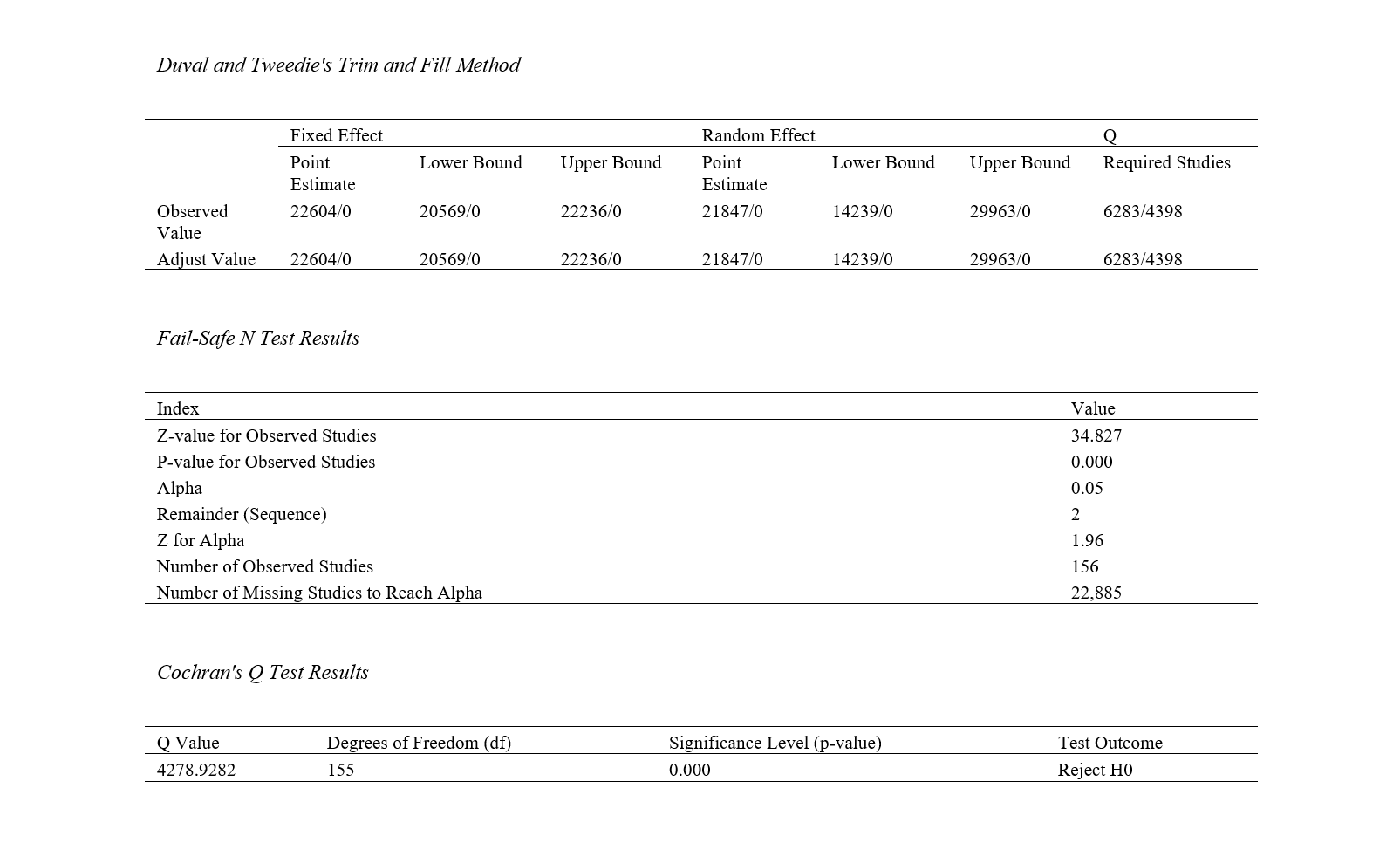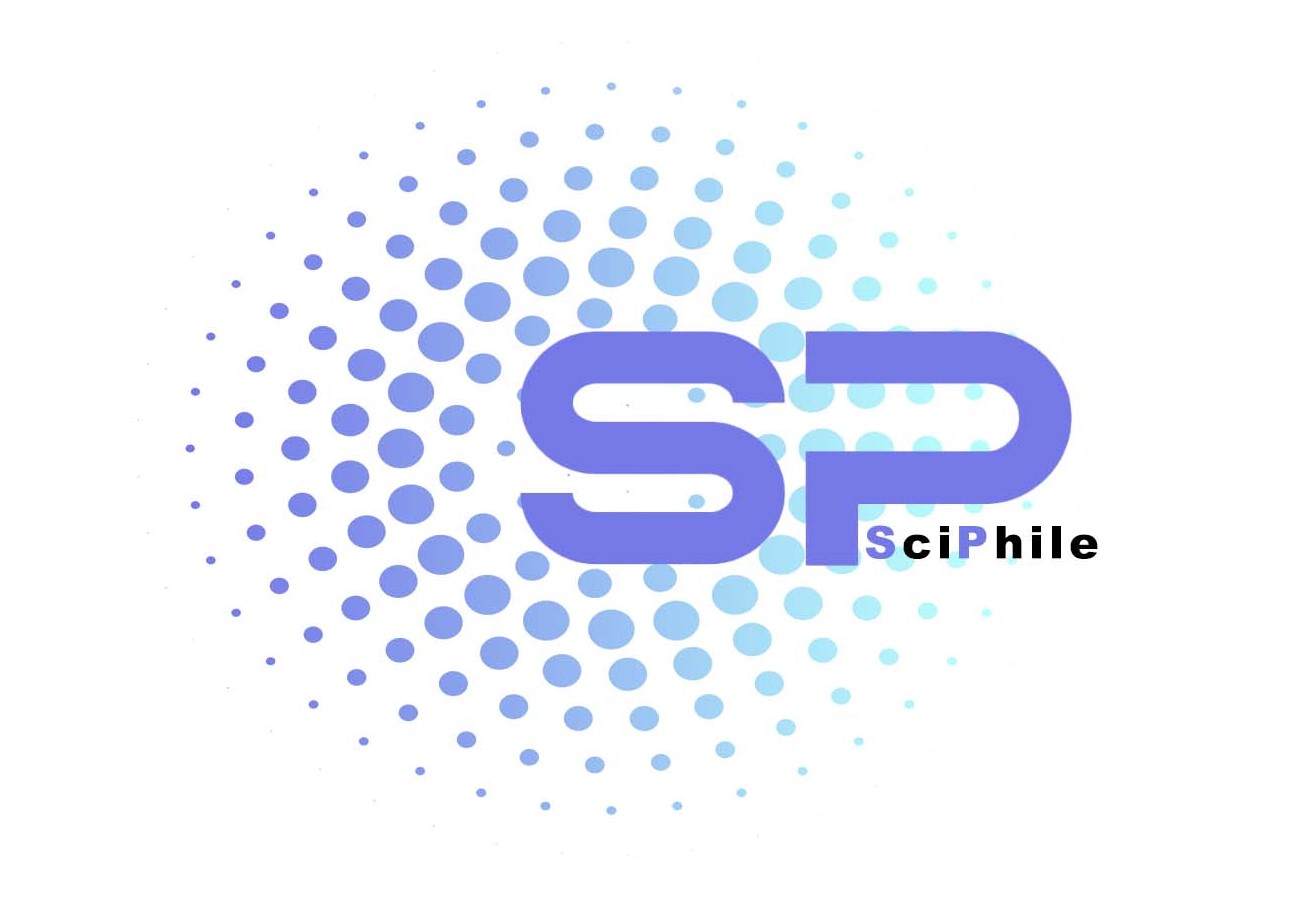Application of Meta-Analysis Approach in Determining Talent Management Indicators
Abstract
Objective: Talent management can be regarded as a tool to assist managers in formulating strategic plans and developing human resources. The purpose of this research is to investigate the effective indicators on talent management through meta-analysis.
Methodology: This research is applied in purpose, descriptive in type, and quantitative in nature. The current study aims to quantitatively integrate the results of research conducted in the field of talent management using the CMA2 software (Comprehensive Meta-Analysis).
Findings: Searching through various databases, out of 416 articles, 156 articles were selected based on predetermined criteria and examined. The analysis results showed that the highest effect size among the indicators affecting talent management includes alignment and retention of talents (0.595), talent pool (0.577), flexibility in recruitment and retention processes (0.556), organizational policies (0.585), structured talent selection/identification of key roles (0.542), and succession development (0.521).
Conclusion: The research results indicate that the effective indicators on talent management include alignment and retention of talents, technological advancements, strategic planning, competition in the job market, merit placement, talent pool, legal and regulatory factors, flexibility in recruitment and retention processes, work-life balance, compensation systems, organizational policies, knowledge management, career development path management, talent development and enhancement, governing management structure, succession development, opportunity creation, organizational culture, needs assessment, structured talent selection/identification of key roles, diversity and inclusion, organizational reputation and credibility, human capital welfare, and work arrangements.
Downloads

Downloads
Additional Files
Published
Issue
Section
License
Copyright (c) 2024 Hamideh Oojaghi Shirmard (Author); Shahla Sohrabi (Corresponding Author); Jafar Beikzad (Author)

This work is licensed under a Creative Commons Attribution-NonCommercial 4.0 International License.

























